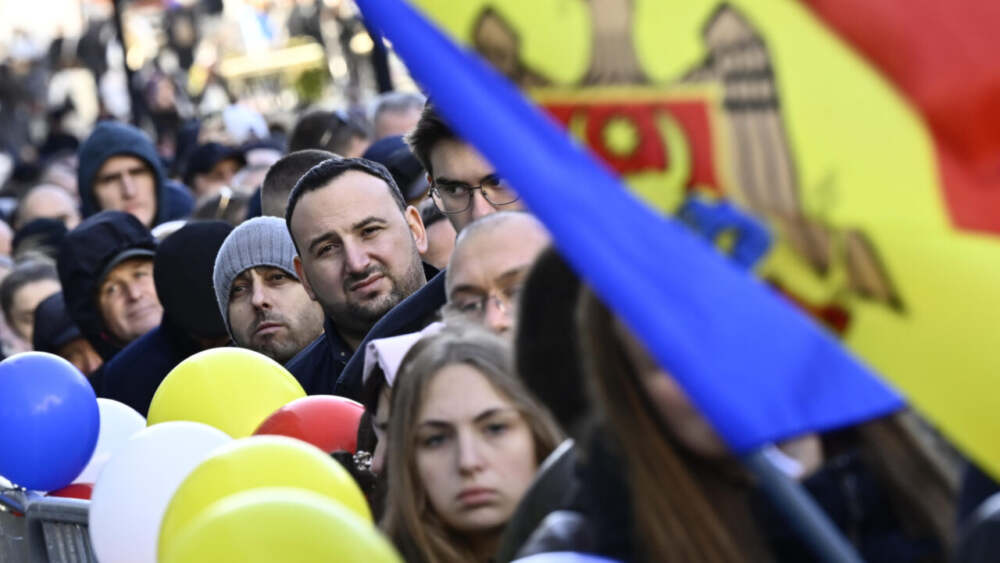Moldova went to the polls on 28 September 2025 in a parliamentary election that many observers consider one of the most consequential in the country’s recent history. With the nation squeezed between its European ambitions and lingering Russian influence, voters faced a stark geopolitical choice.
Voter Turnout and Balloting
By late in the day, more than 1.59 million Moldovans — approximately 51.9 % of eligible voters — had cast ballots. Included in that tally were 264,000 votes from polling stations abroad, long a vital segment of Moldova’s electorate.
Moldova’s parliament has 101 seats, and the outcome of this vote will determine whether the governing party retains control or if a coalition reshapes the country’s alignment.
Main Players and Electoral Blocs
The Party of Action and Solidarity (PAS), a pro-European force that has governed since 2021, is the leading contender to maintain its position in parliament.
Opposing it is the Patriotic Electoral Bloc (BEP), a coalition formed by multiple pro-Russian and leftist parties—including the Socialists, Communists, Heart of Moldova, and Future of Moldova—launched earlier this year to consolidate opposition to PAS.
Another group, the Alternative Bloc, positions itself ambiguously: outwardly pro-European in rhetoric, but often accused by critics of leaning toward Moscow.
Allegations of Interference and Disruption
In the run-up to the vote, Moldovan authorities accused Russia of mounting an extensive interference campaign involving cyberattacks, vote-buying, disinformation, and bomb threats at polling stations abroad.
The leadership, including Prime Minister Dorin Recean and President Maia Sandu, warned that Moscow and allied forces were deploying money, propaganda networks, and digital campaigns to sway voters—especially among diaspora communities.
Authorities also discovered ballots pre-stamped for a particular bloc in a printing shop days before the vote. The government alleged these were to be used in a “carousel” fraud scheme; opposition figures countered that the ballots were campaign models and demanded retractions.
Bomb threats disrupted voting in parts of the diaspora, in cities such as Rome and Brussels, sowing uncertainty about turnout abroad.
Stakes for Moldova and the Region
At issue is far more than which party dominates parliament. This election is widely seen as a referendum on Moldova’s trajectory—whether it will accelerate toward European Union integration, or edge back under Russian sway.
If PAS fails to retain a comfortable majority, coalition-building may require alliances with parties with looser pro-European credentials, raising concerns about policy stability.
Moldova’s fragile democracy is also being tested — repeated claims of interference, pressure tactics, and disinformation campaigns point to a growing risk that elections might be undermined not by ballots themselves but by external influence.
What to Watch
- Final seat distribution: whether PAS can preserve its parliamentary control or must negotiate coalitions.
- Diaspora vote impact: many see Moldovans abroad as strong supporters of the EU path.
- Claims of fraud: whether opposition or observers challenge results.
- Post-election stability: protests or attempts to invalidate results could deepen political turmoil.
This election is poised to define Moldova’s next era—whether it remains firmly on a European course or veers toward the influence of its powerful eastern neighbor.
















Leave a Reply